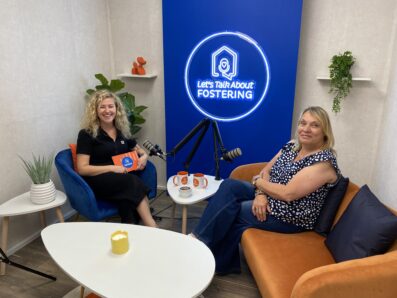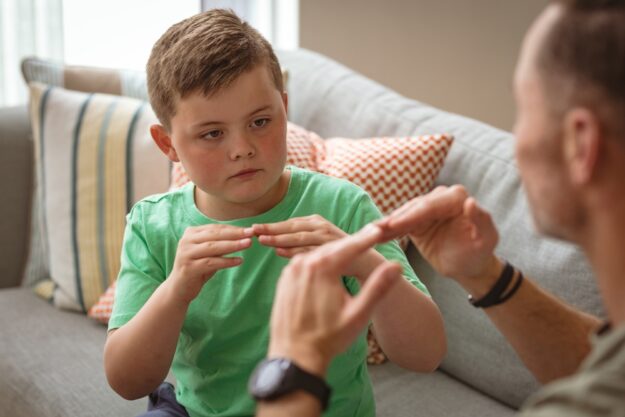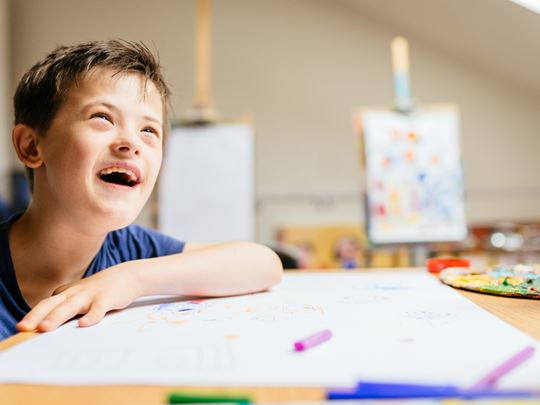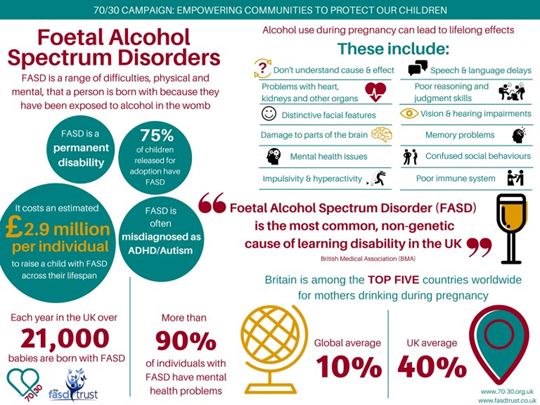Fostering Children with Special Needs: What You Need to Know
Fostering children with special educational needs and disabilities (SEND) is an incredibly rewarding way to make a hands-on, life-changing difference in the lives of children and young people.
In 2024, Coram reported that 11% of children living in care were recorded as having a disability; however, this figure is likely to be higher as some disabilities may go unrecorded. Recent research also revealed that children in care are more than twice as likely to have special educational needs as their peers.
These children need supportive homes with foster parents who understand their needs, advocate for them, and help them achieve the best possible outcomes.
But what does disability fostering really entail? From the realities to the rewards, join us as we explore SEND fostering.

What does ‘special needs’ mean in foster care?
Children and young people in care may have a disability or additional needs, which means they require specialist support in one or more areas of their lives.
Special needs may be physical, mental, behavioural, social, educational, or emotional, and are usually a symptom of a condition, such as:
- Trauma
- Physical disabilities, such as cerebral palsy
- Complex health needs, such as cystic fibrosis
- Neurodevelopmental conditions, such as non-verbal autism and ADHD
- Genetic conditions, such as Down Syndrome or Prader-Willi Syndrome
- Learning disabilities
- Developmental delays
- Mental health conditions
Some children move into care because their families struggled to meet their complex needs. Others may have experienced abuse or neglect, which can contribute to conditions such as trauma and exacerbate underlying conditions like autism and ADHD.
Each child’s needs will vary in severity and impact on their daily lives, but with your support, they can overcome barriers and achieve remarkable things.
Supporting foster children with special educational needs
When a child moves into your care, you’ll receive as much information as is known about their needs. Some children may already have a diagnosed condition, whereas the full extent of other children’s needs might only be revealed once they’re in care.
As a foster parent, part of your role will be to recognise your foster child’s individual needs and work closely with their school, social worker and other professionals to ensure they receive the support they need.
This takes patience, curiosity and attention to detail – it’s about spotting patterns, identifying triggers, and building a connection with your foster child so you understand what’s normal and what’s unusual for them.
Let’s explore how you’ll learn to understand each child’s individual needs in more detail.
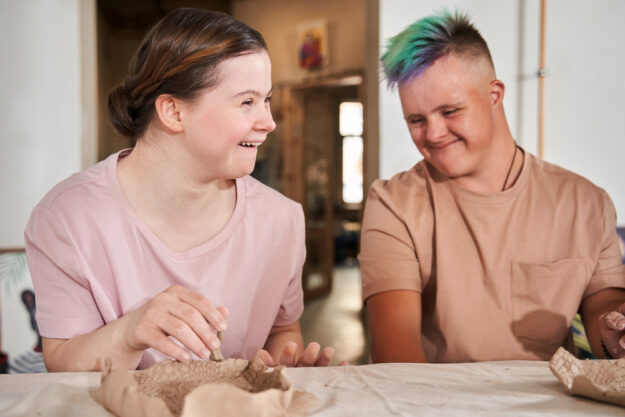
Creating a positive home environment
Understanding and supporting a child’s needs begins by creating a positive home environment. One where children feel safe to be themselves, connected to those around them, and part of the family. This provides a foundation for you to learn about what life is like for them and how their past experiences or specific conditions impact their daily lives.
You can create a positive home environment by:
- Building a good routine: Routines help children in care feel safe and secure. From regular mealtimes and bedtimes to scheduled time for homework, activities and fun with friends, routines can reduce anxiety for children and help you recognise patterns and triggers.
- Nurturing your relationship: Make time for them, do the things you say you will, and reassure them that you’ll never leave them. Your relationship with your foster child can help them feel accepted for who they are and allow them to reveal parts of themselves they may keep hidden from the rest of the world.
- Providing emotional support: Life is hard, but for children in care, it can feel even more challenging. They need foster parents who look beyond their behaviour and coach them through their emotions. This will also help you understand what’s really going on for your foster child.
- Paying attention: Observing where your foster child thrives and where they struggle will help you understand them better. You’ll then be able to find them the right support while also empowering them to hone their strengths.
Attending training
When you become a foster parent, we don’t expect you to jump straight in and know exactly how to care for a child who may have special needs. At FCA, you’ll receive ongoing training that helps you provide therapeutic foster care and supports you at every stage of your fostering journey.
From trauma and attachment to challenging behaviour in children and working with children with disabilities, you’ll learn how to recognise and support your foster child’s needs.
Some training topics are mandatory, whereas other training courses will be specific to your foster child. Over time, you’ll build a toolkit of knowledge and skills that will give you the confidence to both identify and manage the needs of children in your care.
Collaborating with professionals
To fully understand and meet the needs of children in your care, you’ll collaborate with other professionals involved in their lives. From social workers and therapists to health specialists and their schools, you’ll work closely with a wider community to ensure children and young people receive the support they need.
Sometimes this may mean advocating on your foster child’s behalf. For example, if you believe they need to be assessed for a specific condition or require additional support in school. You’ll be their voice, ensuring their needs are uncovered and understood by everyone.
Seeking support
At FCA, we understand that caring for a child with a disability or additional needs is as challenging as it is rewarding.
When you’re focused on understanding and meeting your foster child’s needs, you may forget about your own, so it’s vital to lean on our support for foster parents. Whether you need advice, guidance, or just a listening, we’re here for you 24/7.
We also provide a package of support for children in foster care, which includes activities, events, support groups, and our Young People’s forum, where they can share their experiences and help us improve our services.
Could you become a foster parent?
The reality is that although not all children in care have a diagnosed disability, many have additional needs because they’re living with the adverse childhood experiences that brought them into care.
But our foster parents tell us that when you see them overcome barriers and exceed expectations, it’s one of the most rewarding things you can do.
If you’d like to learn more about SEND fostering, including fostering allowances, support, and training, call us on 0800 098 4148 or submit an enquiry form, and we’ll call you.


